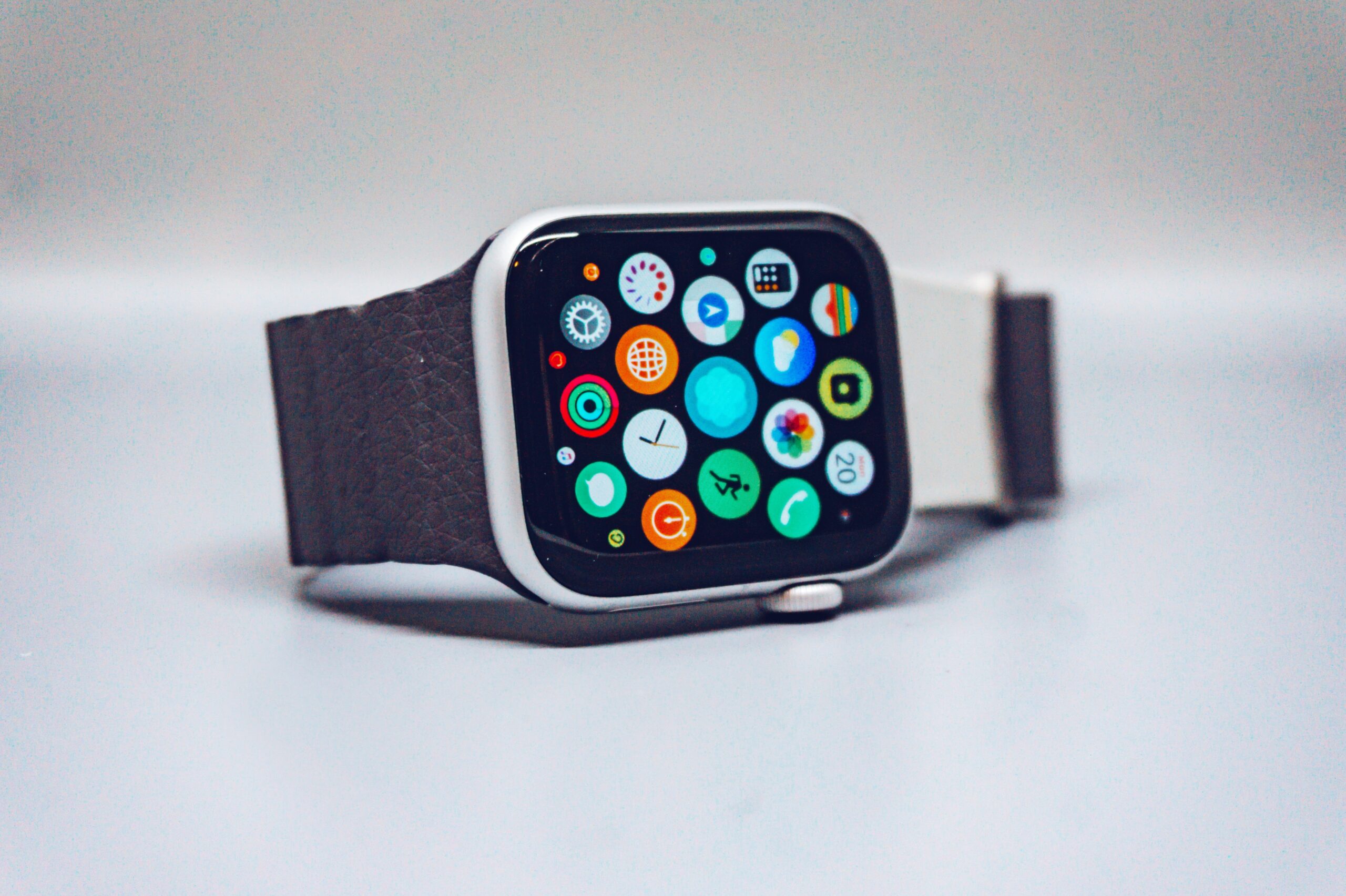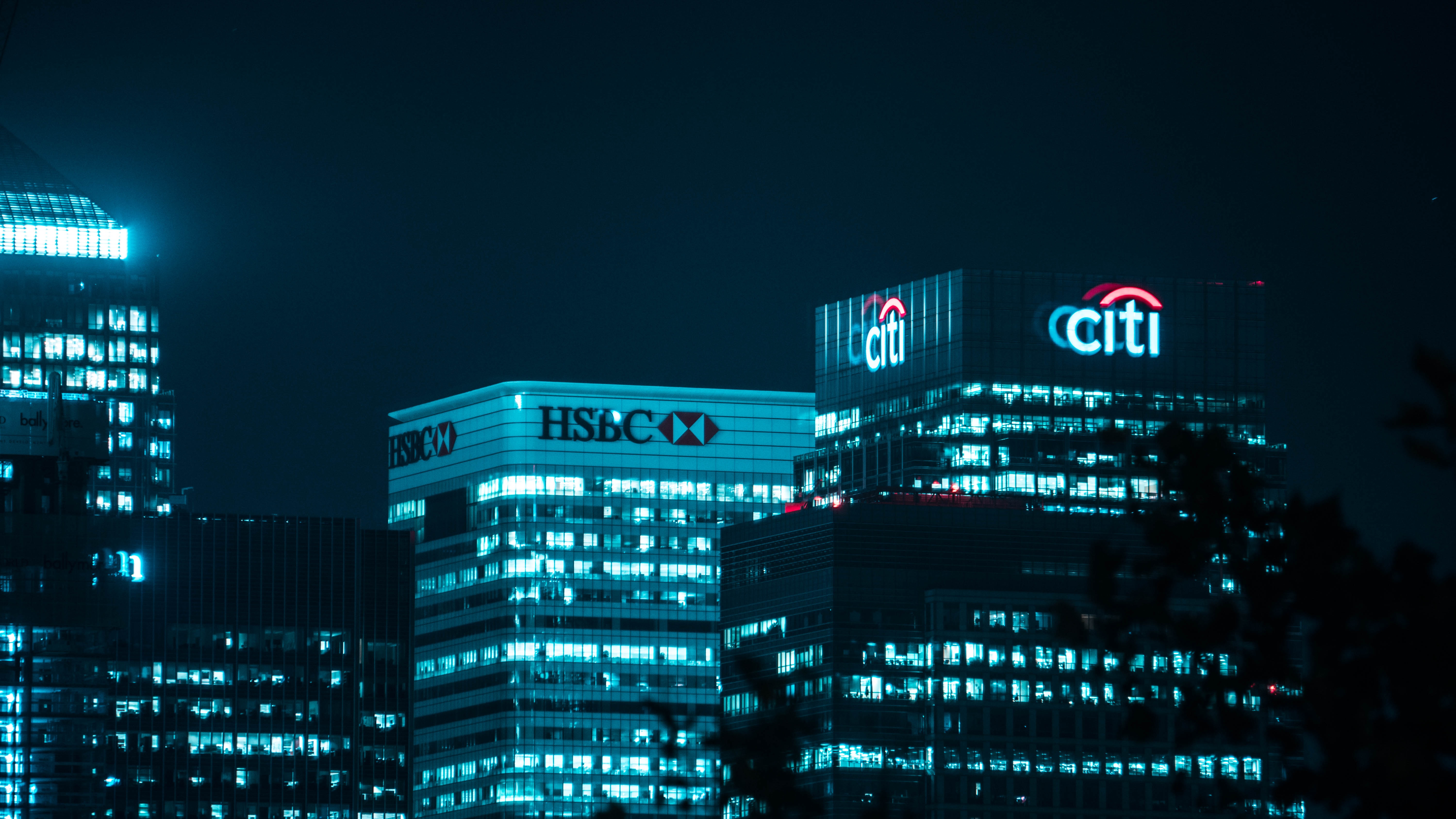Apple, the world’s most valuable company, is facing a potential ban on some of its popular smartwatches in the United States, after a trade tribunal ruled that they infringed on patents held by a medical device maker.
The U.S. International Trade Commission (ITC) issued an order on Oct. 26 that would bar Apple from importing or selling any Apple Watch models that use a blood oxygen sensor, a feature that was introduced in the Apple Watch Series 9 and the Apple Watch Ultra 2 last year.
The order is based on a complaint filed by Masimo, a California-based company that specializes in pulse oximetry, a technology that measures the oxygen level in the blood. Masimo accused Apple of stealing its trade secrets and violating its patents when it hired some of its former employees and launched its own version of the sensor in the Apple Watch.
Masimo also claimed that Apple’s sensor was inaccurate and unreliable, and that it misled consumers by marketing it as a health and wellness tool, while warning in fine print that it should not be used for medical purposes.
Apple denied the allegations and argued that its sensor was innovative and different from Masimo’s, and that it provided a valuable service to millions of users who could monitor their blood oxygen level at any time and place.
The ITC, however, sided with Masimo and found that Apple had violated two of its patents, and that an import ban was warranted to prevent further harm to Masimo’s business. The order is now subject to a 60-day presidential review, which means that it will not take effect until Dec. 25, unless President Biden vetoes it.
Presidents have rarely overturned such orders in the past, but Apple is hoping that the White House will intervene and spare its smartwatches from the ban, which could cost the company hundreds of millions of dollars in lost sales.
Apple said in a statement that it was disappointed by the ITC’s decision and that it would continue to appeal. “Masimo has wrongly attempted to use the ITC to keep a potentially lifesaving product from millions of U.S. consumers while making way for their own watch that copies Apple,” the statement said. “While today’s decision has no immediate impact on sales of Apple Watch, we believe it should be reversed, and will continue our efforts to appeal.”
Masimo, on the other hand, welcomed the order and said that it was a victory for innovation and fair competition. “The ITC’s decision sends a powerful message that even the world’s largest company is not above the law,” Masimo’s chief executive, Joe Kiani, said in a statement.
The dispute between Apple and Masimo is part of a broader trend of patent wars in the tech industry, where companies often sue each other over intellectual property rights and seek to block their rivals’ products from the market.
Apple, in particular, has been involved in several high-profile patent battles in recent years, most notably with Samsung, its main competitor in the smartphone market. In 2018, Apple won a $539 million jury verdict against Samsung for copying its iPhone design, after a legal saga that lasted for seven years.
The Apple Watch, which was launched in 2015, is the best-selling smartwatch in the world, with an estimated market share of over 40%. According to analysts, Apple sold about 36 million units of the device in 2023, generating about $9 billion in revenue.
The blood oxygen sensor, which uses infrared light to measure the color of the blood and estimate the oxygen level, is one of the key features that distinguish the Apple Watch Series 9 and the Apple Watch Ultra 2 from previous models. Apple claims that the sensor can help users detect health issues such as sleep apnea, asthma, and COVID-19.
However, some experts have questioned the accuracy and usefulness of the sensor, and warned that it could give false readings or false reassurance to users who rely on it for medical diagnosis or treatment.
Masimo, which was founded in 1989, is a leading provider of pulse oximetry devices for hospitals and clinics, and has over 200 patents related to the technology. Masimo says that its devices are more accurate and reliable than Apple’s, and that it has invested millions of dollars in research and development to improve them.
Masimo also says that Apple’s sensor infringes on its patents that cover the design, the algorithm, and the method of measuring blood oxygen level. Masimo alleges that Apple obtained some of its trade secrets by hiring some of its former employees, including Michael O’Reilly, who became Apple’s vice president of health technology in 2013.
Masimo filed a lawsuit against Apple in the U.S. District Court in California in 2020, seeking damages and an injunction to stop Apple from selling its smartwatches. The trial, however, ended in a mistrial in 2021 and did not resume.
Masimo also filed a complaint with the ITC in 2021, asking for an import ban on Apple’s smartwatches. The ITC is an independent federal agency that has the power to block the import of products that violate U.S. patents or other trade laws.
The ITC assigned the case to an administrative law judge, who held a hearing in May and issued an initial determination in July, finding that Apple had infringed on two of Masimo’s patents and recommending an import ban.
The ITC then conducted a full review of the case and affirmed the judge’s findings and recommendation in October, issuing a final order that would prohibit Apple from importing or selling any Apple Watch models that use the blood oxygen sensor.
The order, however, does not affect the Apple Watch models that do not have the sensor, such as the Apple Watch SE and the Apple Watch Series 3, which are still available for sale in the U.S.
The order also does not apply to the Apple Watch models that have already been imported or sold in the U.S., which means that users who own them can continue to use them without any restrictions.
The order, however, is subject to a 60-day presidential review, which gives President Biden the authority to veto it for policy reasons. The White House has not indicated whether it will intervene in the case or not.
If the order is not vetoed, it will take effect on Dec. 25, which coincides with the peak of the holiday shopping season. This could have a significant impact on Apple’s sales and profits, as the Apple Watch is one of its most popular products and a major source of growth.
According to analysts, the order could cost Apple between $300 million and $400 million in lost sales in the U.S., which is its largest market. The order could also affect Apple’s reputation and brand image, as it could create confusion and uncertainty among consumers and retailers.
Apple, however, is not giving up on its fight against Masimo, and is pursuing various legal avenues to challenge the order and overturn the patent infringement findings.
Apple has already filed a petition with the U.S. Court of Appeals for the Federal Circuit, which is the highest court that handles patent cases, asking for a stay of the order and a review of the case. Apple has also filed a motion with the ITC, requesting a reconsideration of the order and a clarification of its scope and terms.
Apple is also seeking to invalidate Masimo’s patents at the U.S. Patent and Trademark Office, which has the power to cancel or modify patents that are found to be invalid or unenforceable. Apple has filed several petitions with the office, arguing that Masimo’s patents are obvious, vague, or anticipated by prior art.
Apple is also preparing for a possible retrial of the district court case, which could resume in 2024. Apple is hoping that the court will rule in its favor and reject Masimo’s claims for damages and an injunction.
Apple is also working on developing alternative technologies that could replace or improve the blood oxygen sensor in its future smartwatches, and avoid infringing on Masimo’s patents. Apple has filed several patent applications for new methods and devices for measuring blood oxygen level, such as using sound waves, ultrasound, or optical coherence tomography.
Apple is also exploring other health and wellness features that could enhance its smartwatches, such as blood pressure monitoring, glucose monitoring, and body temperature sensing.
Apple is not the only tech company that is facing patent challenges from Masimo. Masimo has also sued Samsung, Huawei, and Xiaomi, accusing them of infringing on its patents with their smartwatches and smartphones that have blood oxygen sensors.
Masimo is also developing its own smartwatch, called the Radius Tº, which is designed to monitor the body temperature and blood oxygen level of users. Masimo says that its smartwatch is more accurate and reliable than Apple’s, and that it has received clearance from the U.S. Food and Drug Administration (FDA) for medical use.
Masimo plans to launch its smartwatch in the U.S. in early 2024, and compete with Apple and other tech companies in the fast-growing market for wearable devices that can track health and fitness data.



